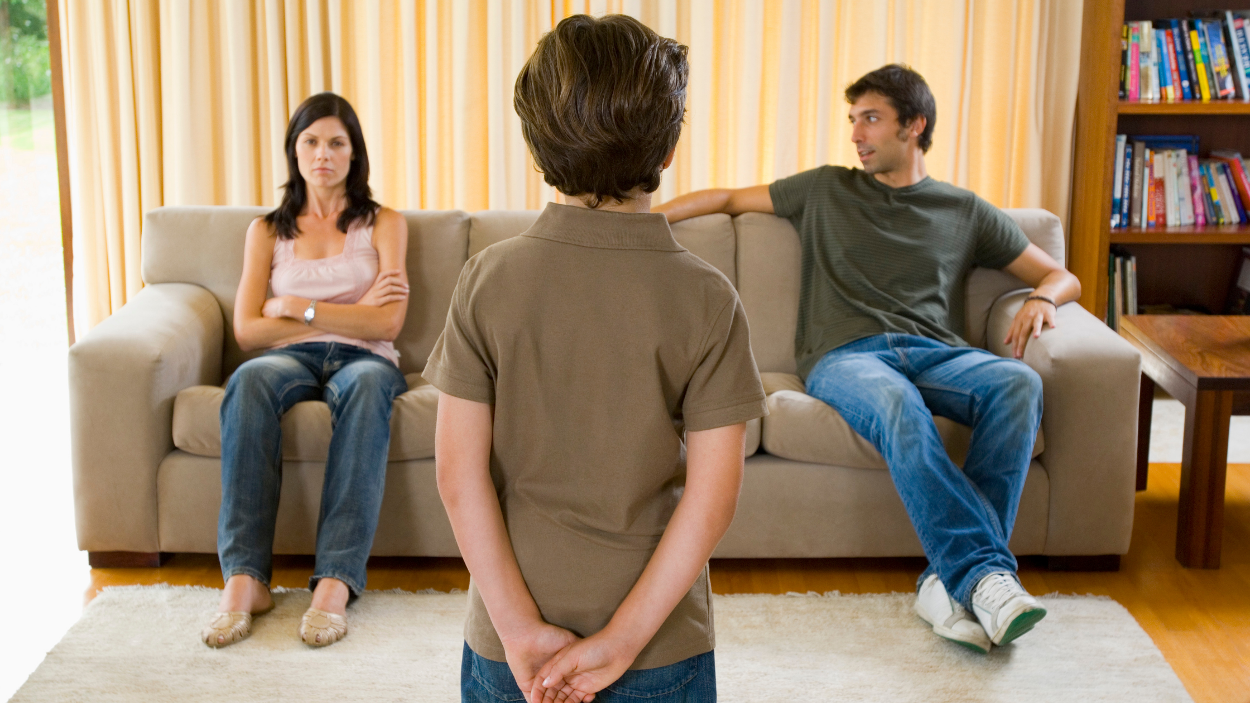Childhood is an informative time in anyone’s life. It is a time of learning, development, and having experiences that will shape the rest of your life. Your experiences in childhood can affect your confidence, relationships, and overall wellbeing in later life.
The parent-child relationship is clearly one of the most important aspects of a child’s life, and as such, the parent often worries about ‘getting it right’. Is their bond with their child strong enough? Are they too strict or too lenient, and how will this affect their relationship? Are they spending enough quality time with their child?
While there is no instruction manual on how to be a parent, there are several things that are common in families where there is a really strong parent-child relationship.
Showing love
Expressing love and affection is important and will make a child feel secure in your relationship. Even when your child misbehaves, it is important to demonstrate that while you might not always like what they do, your love for them is unconditional.
Maintaining a good relationship with the other parent

This can be particularly difficult if you are separated from the other parent and perhaps do not have a good relationship, or even any communication at all. But in this case it is extremely important to respect the other parent when talking about them in front of your child, and never force your child to take sides or act as the ‘middle man’ between you.
If you are in a relationship, either with the child’s other parent or with another person, then respect each other and show affection in front of the child. This will demonstrate to the child what a healthy adult relationship looks like, and will set them on the right path for their own relationships in the future.
It’s all about communication
Just like in any relationship, communication is key. Speaking, listening and non-verbal communication all help with maintaining a good relationship, or strengthening a relationship that is going through difficult times. Listening to a child’s concerns or taking an interest in their passions will build their trust with you. Even if the things they are talking about seem trivial to you, they are important to them – so it pays to take them seriously.
Be a role model
Model the behaviour you would like to see in your child. Showing respect for yourself and others, and apologising when you are wrong are good examples of ways you can model good behaviour to your children. If you are expecting your child to behave in a way that you don’t model yourself, then this can lead to trust issues and can put strain on the relationship.
It’s ok to not be ok
 A lot of parents will say that they only want their children to be happy. While this is understandable, it is not realistic for anyone to be happy 100% of the time. Life will always have its ups and downs, and children may feel under pressure to bury their feelings and present a cheerful, positive façade, just to keep you happy. This can cause emotional and trust issues in a relationship. Encourage your child to talk about their feelings and try to resist the urge to tell them not to be sad, angry or scared. Let them know that it’s ok to feel this way and that you will always listen and try to understand.
A lot of parents will say that they only want their children to be happy. While this is understandable, it is not realistic for anyone to be happy 100% of the time. Life will always have its ups and downs, and children may feel under pressure to bury their feelings and present a cheerful, positive façade, just to keep you happy. This can cause emotional and trust issues in a relationship. Encourage your child to talk about their feelings and try to resist the urge to tell them not to be sad, angry or scared. Let them know that it’s ok to feel this way and that you will always listen and try to understand.
How counselling can help
If you are feeling that the relationships within your family are under strain, talking about it may help. I am passionate about working with families. I can help families to work on their listening, understanding and communication, and help parents to improve their confidence in parenting.
If you would like to talk about how I can help, please feel free to get in touch on 07305920437
